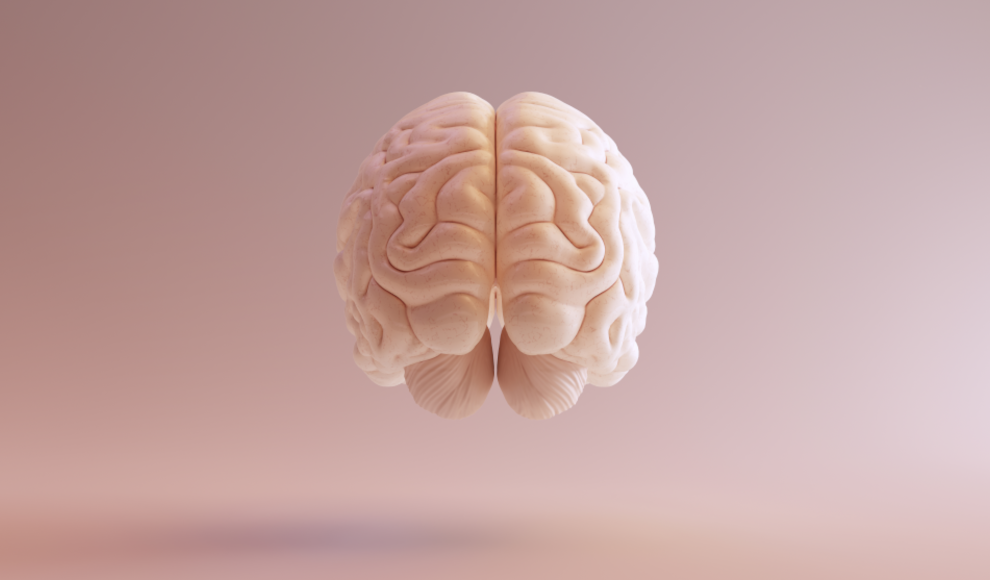A new study conducted by researchers at the Berlin Institute of Health (BIH) has found that people with high IQs actually have slower brains. The study, which analyzed brain data from 650 participants in the Human Connectome Project, found that people with high IQs were able to solve simple problems more quickly than those with average or low IQs, but struggled with more complex problems. The researchers used computer simulations to study the decision-making processes of the participants’ brains and found that people with lower IQs had less synchronization between different areas of the brain, leading to hasty decisions. The study’s findings could have implications for the treatment of neurodegenerative diseases like dementia and Parkinson’s.
The study’s lead author, Professor Petra Ritter, explained that the research aimed to understand how the brain makes decisions and why these decisions vary between individuals. The researchers used computer simulations to replicate the activity of individual brains and found that people with high IQs had slower decision-making processes, but were more accurate in their results. The simulations also showed that people with lower IQs had less synchronization between different areas of the brain, leading to hasty decisions.
The study’s findings could have implications for the treatment of neurodegenerative diseases like dementia and Parkinson’s. Ritter explained that the improved simulation technology used in the study could be used to personalize surgical or medication interventions for patients with these conditions. By simulating the effects of different treatments on a patient’s brain, doctors could determine which interventions would be most effective and have the fewest side effects. The study’s findings could also help researchers develop new treatments for these conditions by providing a better understanding of how the brain works.
In conclusion, the study conducted by researchers at the Berlin Institute of Health has found that people with high IQs have slower brains, but are more accurate in their results. The study’s findings could have implications for the treatment of neurodegenerative diseases like dementia and Parkinson’s, as well as for the development of new treatments for these conditions. The researchers used computer simulations to study the decision-making processes of the participants’ brains and found that people with lower IQs had less synchronization between different areas of the brain, leading to hasty decisions. The study’s lead author, Professor Petra Ritter, explained that the improved simulation technology used in the study could be used to personalize surgical or medication interventions for patients with these conditions.










